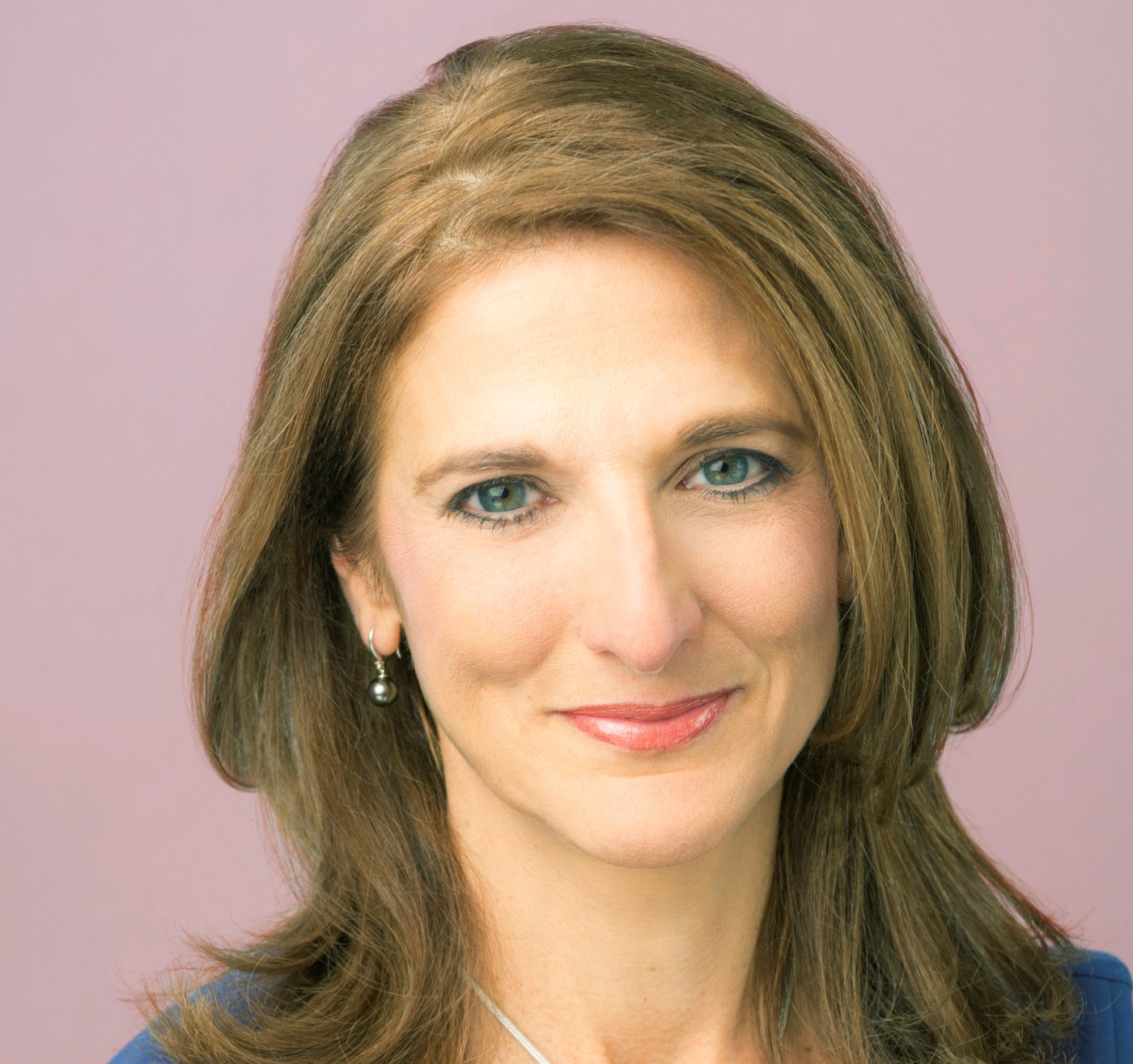Have you made New Year’s resolutions?
If you are a non-believer in the annual ritual, the folks at History.com say that it dates back to “the ancient Babylonians,” who started the trend “some 4,000 years ago.”
Related Articles
4 beachfront destinations spiking in popularity this winter
Knock down these 5 roadblocks to improving credit
How to pay for promising medications like Ozempic
Stocks up 25% in 2023 vs. 5% gains for homes. Why the gap?
Is 2024 a good time to buy a vehicle? Here’s the projection
Author Daniel Pink added more current context and research to the resolution movement in his 2018 book.
“The first day of the year is what social scientists call a ‘temporal landmark,’” or a date that stands out from most others on the calendar. A New Year provides us with “a chance to start again,” and to leave behind our “mistakes and imperfections.”
When it comes to our money, there are plenty of mistakes and imperfections to go around, which is why Fidelity Investments has conducted a New Year’s Financial Resolution study. The 2024 version shows two-thirds of Americans are considering a financial resolution, and for the 15th consecutive year, the top resolutions are: save more (41 percent), pay down debt (38%) and spend less (30%).
Like Fidelity’s results, my resolution advice has been consistent. Here’s the 2024 update.
Track spending
The idea behind tracking what’s coming in and what’s going out is to determine how much money is available to help achieve your resolutions.
With that information, you can create an actionable plan. To help, lean on technology. You can use your bank’s app or the free versions of PocketGuard, Goodbudget and Honeydue, which focuses on couples. (Users of You Need a Budget (YNAB) say that the $99 annual fee (after an initial free 34-day trial) is worth it.
Replenish savings
Did you spend a little too much on those Taylor Swift tickets or take a post-pandemic family vacation splurge?
If so, it’s time to replenish or fund an emergency reserve that can cover 6 – 12 months of your living expenses. Rising interest rates, which have caused misery to borrowers, continue to help savers. Many high-yield savings accounts and certificates of deposit are still yielding about 5%.
Establish an automatic transfer of a set amount of money from your checking to build this fund. You should also use this fund to hold the money necessary to fund any large expenses that will occur over the next 12 months.
Reduce credit card or other high interest debt
While the Federal Reserve may be finished with its rate hike campaign, the cost of servicing debt is not going away any time soon.
After funding your emergency reserve, redirect the automatic payments to accelerate your debt pay-down, chipping away at the highest interest debt first and working your way down. Don’t forget to include those student loans as part of your debt pay-down strategy.
Contribute to your retirement account, to the best of your ability
The IRS announced increases to the annual limit on contributions to work-based retirement plans (401(k), 403(b), 457), which will increase to $23,000 (catch-up contributions for those over 50 remain at $7,500). The IRA limit will increase to $7,000, and the over-50 catch-up remains at $1,000.)
Get back to investing basics
If the deep losses of 2022 and the big gains of 2023 taught investors anything, it is that very few can predict with any consistency how financial markets will move over the short term.
Get out of the market timing business and return to the tried-and-true basics of investing: determine your goals and create a plan to diversify your investments across different asset classes.
If you haven’t done so lately, rebalance your accounts to make sure that the percentages are in line with your desired allocation.
Related Articles
PG&E monthly bills: $300-plus by March
US Supreme Court leaves California’s ban on flavored cigarettes in place
Travel Troubleshooter: Booking.com suspended my account. How can I get it back?
Bay Area office projects give way to housing in a big way
One California city’s war on illegal cannabis almost as lucrative as revenue from legal activity
Jill Schlesinger, CFP, is a CBS News business analyst. A former options trader and CIO of an investment advisory firm, she welcomes comments and questions at [email protected]. Check her website at www.jillonmoney.com.











+ There are no comments
Add yours